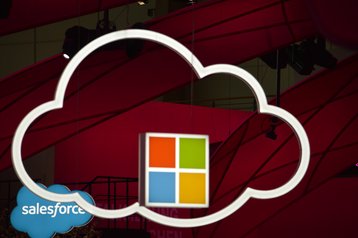Microsoft has spent the last six months working on a generative AI model for nuclear regulatory and licensing processes.
The company hopes to be able to speed up the lengthy and expensive process, which risks stymying proposed small modular reactor (SMR) nuclear developments in the US.
Microsoft is working with Terra Praxis, a nonprofit that pushes to convert the sites of old coal plants into homes for modern SMRs.
“What we’re doing here is training a [large language model] on very specific highly structured documents to produce another highly structured document almost identical to previous documents,” Eric Ingersoll, founding director and co-CEO of Terra Praxis, told the Wall Street Journal.
“We’re not getting the kind of wacky answers where the AI is hallucinating.”
Microsoft’s senior director of sustainability policy, Michelle Patron, added: "We’re really excited about the game-changing potential for AI in this space."
The company has increasingly looked to new energy sources to power its growing data center footprint, with power demands only growing with the growth of AI workloads.
In September, DCD exclusively reported that Microsoft was hiring to "implement global small modular reactor and microreactor" strategy. It has also procured Clean Energy Credits (CECs) from Canadian energy firm Ontario Power Generation (OPG), and signed a 24/7 nuclear power deal with Constellation for its Boydton data center.
Nuclear power was a huge part of COP28, with nations pledging to triple power by 2050. But the SMR industry faced turmoil earlier this year after market leader NuScale saw a major project canceled, and has faced criticism over the viability of a second development.




